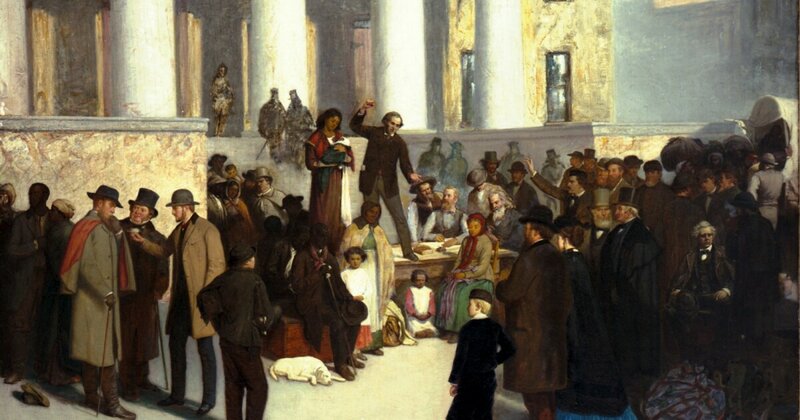William Acree first found records of enslaved people arriving in St. Louis years ago. They were shipped north, up the Mississippi River from New Orleans, around the 1830s, but other details were thin.
Now, Acree, co-director of Washington University’s Center for the Study of Race, Ethnicity and Equity, will have the tools to learn more. The center is partnering with SlaveVoyages, an online slave trade database to better understand the St. Louis region's history with slavery and how enslaved Africans were moved along the Mississippi.
SlaveVoyages is one of the world’s largest digital collections of records about the trans-Atlantic slave trade. It tracks more than 36,000 trips that brought enslaved Africans across the Atlantic Ocean between 1514 and 1866. The collection also includes information on more than 11,000 maritime trips through North and South American rivers and lakes.
The database is a collaboration of 10 educational institutions — including the National Museum of African American History and Culture — that contribute to the research of slavery and its legacy.



 St. Louis
St. Louis Slavery
Slavery American History
American History Culture
Culture New Orleans
New Orleans


